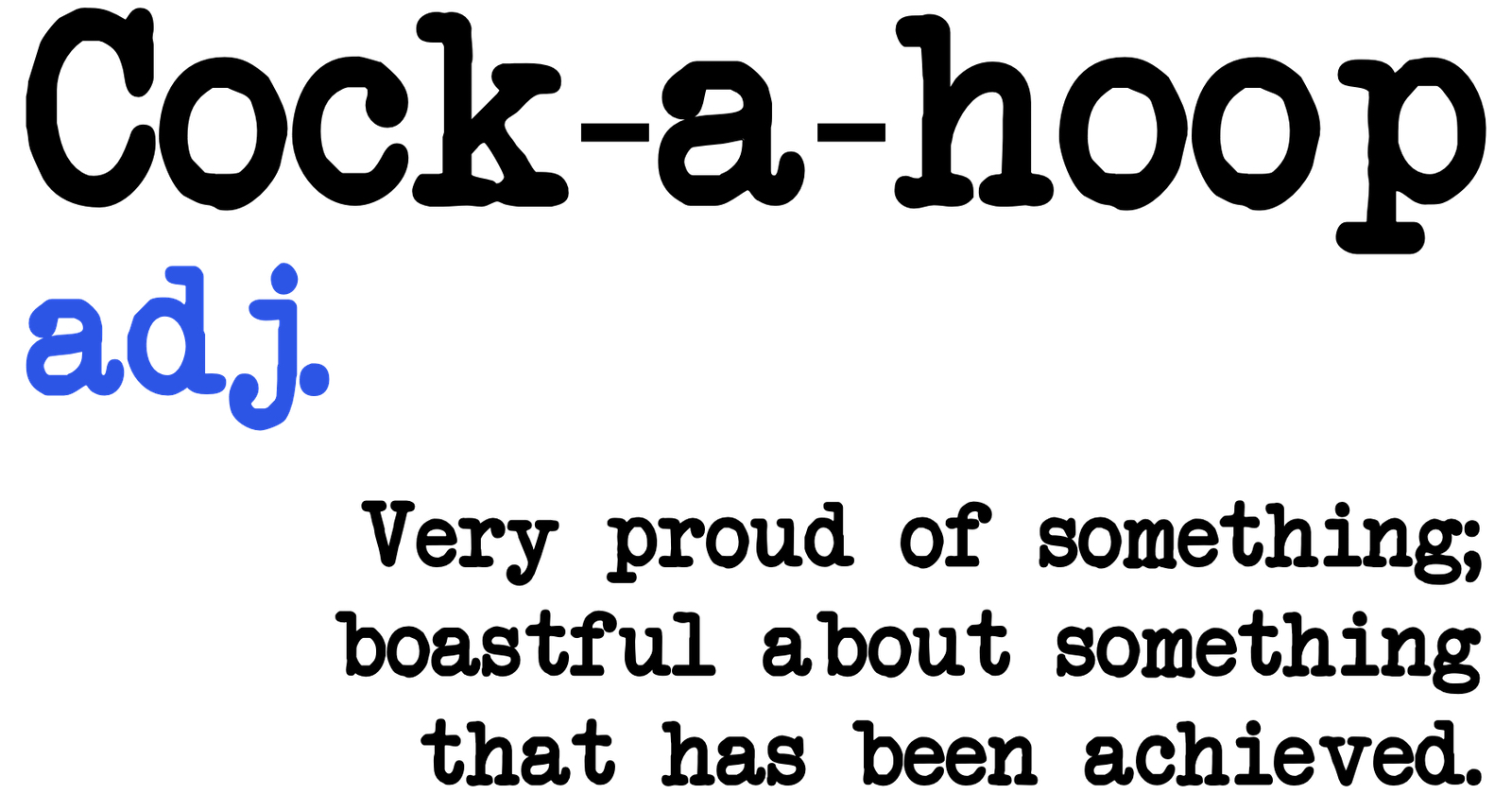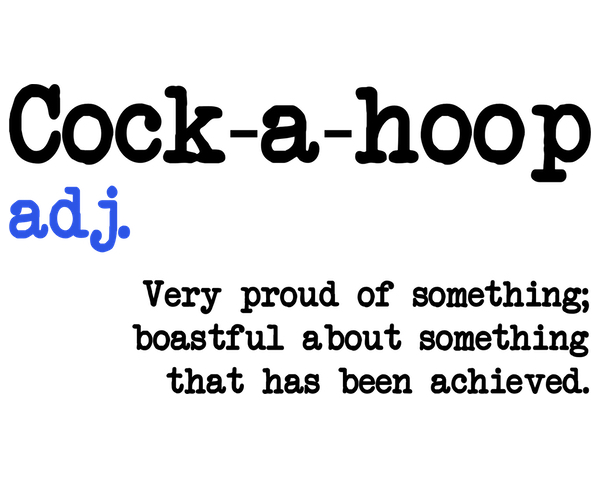“Winning doesn’t matter, it’s the taking part that counts.” A phrase that’s echoed around the world on school sports days and uttered by countless consolatory parents to soothe the heartbreak of competitive defeat.
Do we believe it? Really? We’ve been trying to outdo each other for millions of years and natural selection and evolution has given us brains that reward us with a ‘good’ feeling when we come out on top. Winning and exercising produces endorphins such as dopamine. Dopamine hits the reward network in the brain and like James Brown, you then feel good.
Why then does polite society shy away from admitting as much? Off the rugby, football, hockey and cricket pitch and out of the pool and gymnasium, why is being competitive often seen as a negative trait? It’s because instinctively, the notion of competition is almost always understood as its negative variant, i.e. to be successful and win, you have to do so at your opponents’ expense. To be a winner, there must a loser. Your opponent gets beaten. The winner is good, and the loser is bad.
But there’s positive competition too. Competition that brings out the best in everyone involved, where opponents do not necessarily lose, but just don’t win. In some cases, competitions can be entered and perhaps even won without even knowing you were in a competition in the first place…
Opus Nebula has been shortlisted for 2 awards in this year’s FundTech Awards. The FundTech awards are a series of awards that showcase excellence in fund technology and service innovation. Hosted in partnership with Sionic, the global financial services consultancy, they’ll be awarded virtually on the 29th October and we couldn’t be more excited. We’re cock-a-hoop!

We’re nominated as “Most Innovative Product” and “Best Client Solution”. Categories which, I hope you agree, reinforce our culture, our ambition, and indeed, what we continue to provide to our customers through each day, week, month and reporting cycle that our solution supports.
Innovation
Many organisations claim to be innovative and it’s a description that a lot would like to hear about themselves. Being innovative is being creative and original. How can a firm in an industry like ours be so? It’s through the products they offer, the services they provide and also through the mechanism through which each are delivered. However, without tangible improvement in each of those innovations, innovation is just a story for its own sake – an empty marketing message. We know that Reporting as a Service® is innovative because it is absolutely an improvement on the reporting models that have gone before, and we know it’s creative and original because we were the first to do it. Our registered trademark proves it too!
Being the Best
Being the best is of course subjective but as a notion, it requires comparison with others. In this case, our fellow nominees offer different solutions in a different way, so direct comparison is impossible. However, as we’re specifically looking here at “The Best Client Solution”, perhaps we can assume that the comparison criteria are not about functionality at all, but instead about the impact we have on our client’s operation. Whilst other vendors functionality might be compared like for like, we improve the operational environment, increase efficiency, and agility to such a degree that returns go far beyond cost-savings or expedience.
Since formation in 2014 and launch in 2015, we’ve pushed to make our clients more efficient. Reporting as a Service does just that and our innovations and quarterly updates continue to improve our offering. We’re growing. More and more firms are looking to us to solve their reporting challenges and we’re seeing significantly higher levels of interest in our service and the model it creates in a COVID-19 / post-COVID-19 era as organizations look to satellite structures and increased digitisation for success.
We’ll continue to support our clients and the wider industry in the great way we do regardless of the results of the awards in October and whilst our fellow nominees are much bigger and have longer corporate histories, we think we’re in with a decent chance and are honoured and flattered to have been shortlisted.
Whether it’s because we all ultimately seek a fair and just world, or because we get more joy from success that’s unexpected, surely, everyone still loves an underdog?

